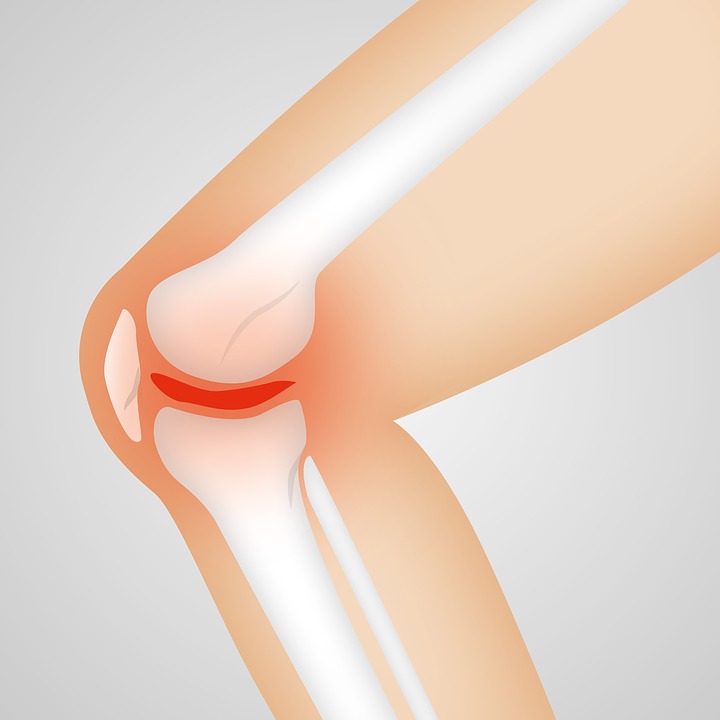If you’ve suffered a recent injury to your knee and it is remaining swollen and/or you have difficulty bending or straightening your knee fully … you may have a meniscal tear? How will you know?
What to do?
The first thing to do is to see your physiotherapist for an evaluation. Taking a proper history of how and when your symptoms began is key in understanding what might be the problem? This needs to be matched to a specific clinical examination so we can get more information on what the problem might be? Evaluating your knee motion, alignment, ligament stability, muscle strength, evidence of warmth & swelling are all part of the process. It may also be appropriate to investigate your knee by having imaging done – i.e. x-rays, ultrasound, or MRI to arrive at a firm diagnosis. The most accurate of these is an MRI. An MRI scan can visualize all of the structures making up your knee including the bone, ligaments, tendon, as well as cartilaginous surfaces. There are very long wait times to receive an MRI scan and in most situations, even without an MRI, your therapist will have a very good idea of what your knee problem is. An x-ray is helpful to rule out any significant injuries to the bone as well as give us an indication of any wear and tear or arthritis that may be present. Ultrasound scanning has limited effectiveness in diagnosing meniscal injuries of the knee as this form of imaging is not able to visualize any great depth inside the joint.
Signs and Symptoms
What are the signs and symptoms of injuries to the meniscal cartilage in the knee? Injury to these structures of the knee is quite common and usually follows some sort of twisting mechanism such as catching the tip of your ski or slipping on some ice? They can also be degenerative in nature from wear and tear over time. Discomfort is usually noted along the inside (medial) or outside (lateral) aspect of the knee joint. In addition to discomfort meniscal tears typically cause persistent swelling inside the knee joint called an effusion. Often they will cause your knee to unexpectedly buckle or give way. Some people also have their knee joints lock on them so they can’t move it at all. If your therapist feels you have a meniscal injury they are likely to recommend you avoid impact activities such as running as well as sports that may create twisting and torque through the knee joint. If you are able to still move your knee continuing with low-intensity non-weight-bearing activities such as cycling or swimming can be helpful as long as they don’t increase your symptoms. You can use ice on your knee to assist in controlling any pain and swelling around the joint.
Treatment
Treatment for meniscal injuries includes electrotherapeutic modalities such as ultrasound, laser, ice, and interferential current to assist in reducing pain and swelling. It may also involve the use of an electrical muscle stimulator to help in restoring strength along with appropriate exercises prescribed by your therapist. If there is an associated ligament injury your therapist may recommend a specific type of brace for your knee.
Many meniscal injuries of the knee will slowly heal over time. As meniscal tissue is primarily avascular (without a blood supply) it does have a limited capacity for healing. Significant tears of the meniscal cartilage that cause ongoing swelling and instability of the knee joint may require surgical management to definitively resolve. Your therapist will monitor your response to treatment and if needed can put you on a path to see a surgical specialist.
Written by Scott Sherman April 2019 – Physiotherapist/Clinic Director Trico Centre





